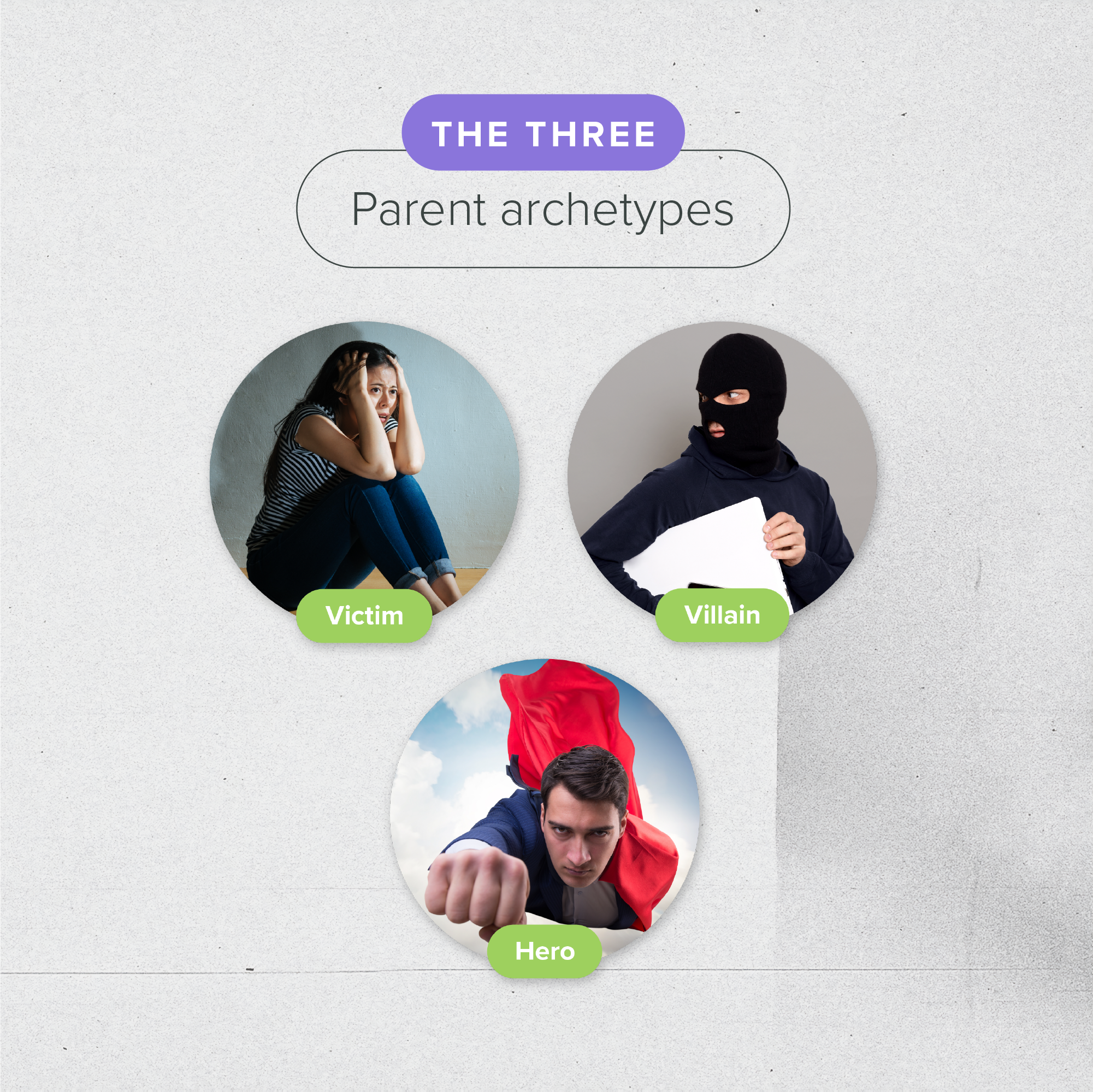You already know that tours are essential to the enrollment process.
A great tour gives families peace of mind and positions you as a trustworthy child-rearing partner. Your prospective families should be able to see themselves as part of your community.
The key to making that happen is empathy. The tour guide is responsible for filling that empathetic role: figuring out each family’s pain points and addressing them.

Hero on a Mission
Have you ever read Donald Miller’s “Hero on a Mission”? It’s a book about self-discovery that introduces four character archetypes: the victim, the villain, the hero, and the guide.
I found the archetypes extremely applicable to a childcare tour. Empathy allows you to identify which archetype a prospect resembles so you can best meet their needs.
Victim
In literature, a victim is someone to whom something negative has happened. Through reading the story, we feel empathy for them.
In childcare, a victim is a prospect who has been in a tough situation. Maybe they had a negative experience at their last childcare center. They may still be in that painful situation.
The victim has an immediate need — usually safety and security. Your tour guide may satisfy that need for safety through empathy, but it’s not always easy.
Villain
The villain is a character who finds fault in or is overly critical of a person or situation. Miller’s book introduces the idea that you can be your own villain — finding yourself being too critical.
In childcare, the villain is the prospect with nothing good to say. The last childcare center they enrolled in was bad; the teachers weren’t good, the director was incompetent, and so on. They might be a bully or have misaligned expectations.
Hero
The hero is the person who saves the day. They might vanquish the villain, save the victim, or both.
In childcare, the hero is the prospect who walks in ready to make a change. Like the victim, they might be grappling with issues. Maybe they recently switched jobs, or perhaps their family situation has changed. However, they arrive knowing what they want, and they’re ready to commit if you meet their needs.
Guide
The guide is the person who helps the hero find their path — Yoda, for instance.
The guide has navigated many experiences and wants to give back by helping others through similar situations. In childcare, the guide is the tour guide.
Make sure your tour guides embody that “guide” mindset. When a prospect walks through the door, can the tour guide take a deep breath and enter an empathetic headspace? Can they help victims become heroes and enroll in your center? Are they full of natural empathy and willing to share their life experiences?
Why Does the Tour Guide Need to Be the Guide?
Why does the tour guide need to fit the “guide” archetype? Why can’t they fit any of the other three archetypes?
Here’s why:
- A tour guide with a victim mentality might have had a bad day or a stressful experience they can’t let go of. They may not be able to be the guide while they’re in that negative headspace.
- The same applies if the tour guide’s in a critical (or villain) mood. They can’t step into that guide role and educate prospective families if they can’t reset themselves. They may need someone else to take over.
- A hero tour guide might be distracted by other goals. Maybe they’ve got a sales quota to fill. They’re trying to be a hero, distracting them from educating families.
A true guide is empathetic. They’re always ready to assist parents rather than focusing on themselves.
Why Does the Parent Need to Be the Hero?
Why does the parent need to be the hero? Why doesn’t the victim mindset work here?
A parent stuck in victim mode is often impossible to satisfy. They might not be ready to trust someone new with their child since their past experiences weigh heavily on them.
The same goes for a parent in villain mode. You’ll never meet a villain’s expectations. No matter how many grievances you address, they’ll find more to mention.
The parent must be the hero because they must be open to making decisions. They need the presence of mind to recognize when your school is or isn’t right for them. If they start in hero mode — or if your guide can help them move into that role — your chances of enrollment increase.
How to Convert Parents to Heroes
How does a guide convert a villain or victim to a hero? The answer is surprisingly simple: empathy.
Ask simple questions and observe the prospect’s demeanor. What brought the family to your childcare center? What do they want in a new program? What does a successful relationship with the childcare center look like to them? Their answers reveal their mental state.
Empathy may not turn every parent into a hero, and that’s fine. In fact, it’s a good thing. You don’t want to enroll families who are a poor cultural fit for your business. Filter out these poor fits with active listening and empathy.
Final Thoughts
Your tour guide’s job is to address families’ issues when they can, based on what’s most important to them. Don’t have them list features that don’t address families’ pain points. If the guide doesn’t address families’ concerns or needs, they won’t make positive progress.
But when your guides make prospective families feel seen and heard, they can guide them to become heroes.
Do you have questions about giving the perfect tour? Are you a hero who’s ready to implement the strategies mentioned above?
If so, reach out today. Our guides are ready to help you enroll more perfect-fit families in your school.
Subscribe
Sign up with your email address to receive news and updates.

